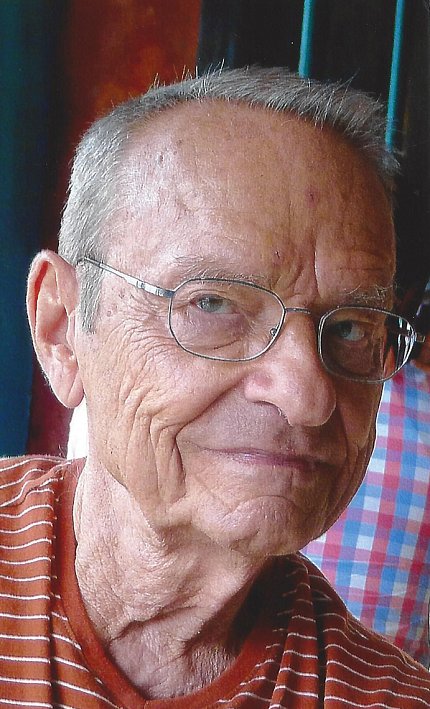NICHD’s Corfman Remembered

Dr. Philip A. Corfman died on Feb. 18 in Bowie, Md. He was the first director of NICHD’s Center for Population Research (CPR), which was established in 1968 to coordinate and conduct research and training in population health, including research on contraception. Corfman, an obstetrician-gynecologist, spent 20 years at NICHD before leaving for a role at the World Health Organization and later, the Food and Drug Administration.
Corfman received his bachelor’s degree from Oberlin College and his medical degree from Harvard Medical School. He first joined NICHD as a medical officer in the Reproduction Program in 1964 and served in various leadership roles before being named CPR director in 1968. He also was a commissioned officer in the Public Health Service since 1976.
During his time at NICHD, Corfman oversaw large research programs on contraception and behavioral sciences. He stressed the need for the development of family-planning methods for both men and women, as well as for research on the contraceptive needs of teenagers and effects of teen pregnancies. In 1970, he testified before a Senate committee on the health effects and safety of the birth control pill. During the hearings, experts publicly noted the negative side effects of the pill, including a higher cancer risk, which caused interruptions from women protesters in the audience. Corfman is remembered as the only person who paused his testimony to address their concerns.
In 1982, he was named by Ms. magazine as 1 of 40 heroes, specifically for “his sensitive response to feminist health activists and his efforts to change the direction of birth control research so that male methods were included and safe methods for women were emphasized.”
Corfman received many awards, including the Distinguished Service Award from the American College of Obstetricians and Gynecologists (ACOG). He served on numerous committees for the PHS, FDA, ACOG and the International Planned Parenthood Federation. He also authored papers in journals such as Nature, Science and the New England Journal of Medicine.
He is survived by his 3 sons, Stanley, Timothy and Mark, and by 6 grandchildren.
